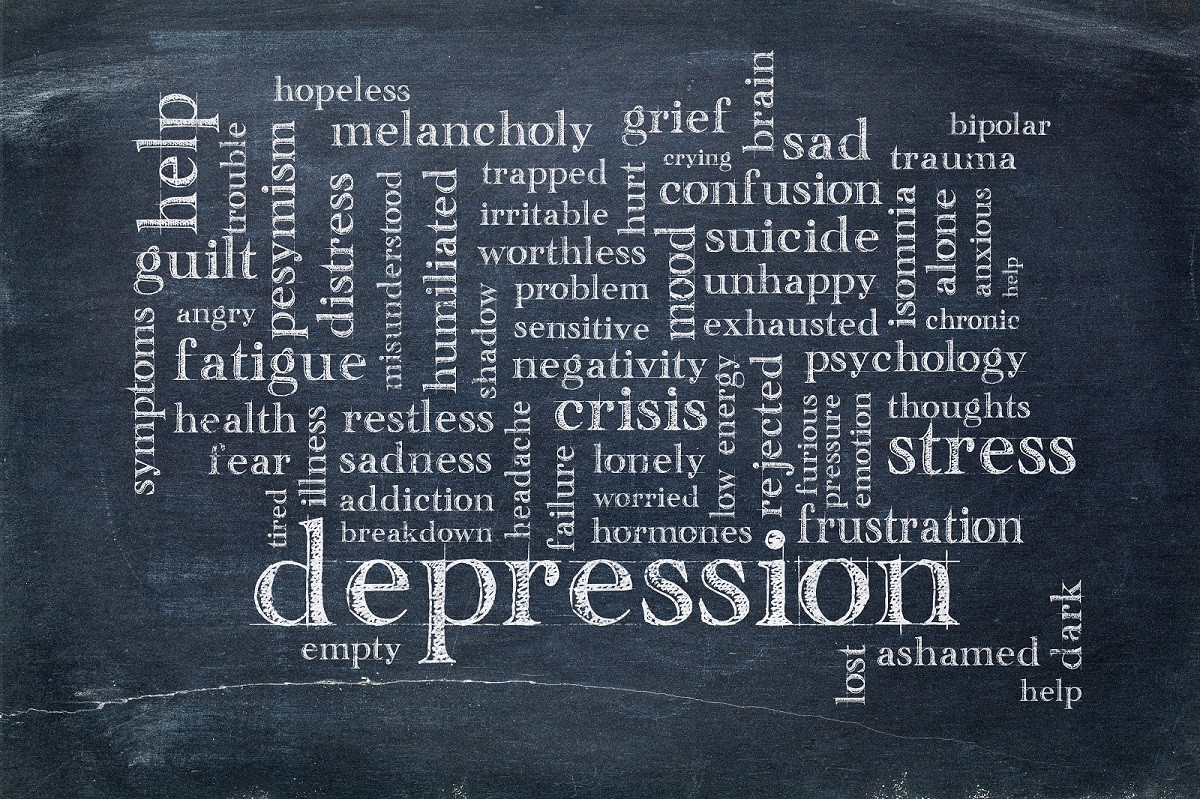Popular Reads
Top Results
Can't find what you're looking for?
View all search resultsPopular Reads
Top Results
Can't find what you're looking for?
View all search resultsReaching out, resilience, key to tackling mental health problems during pandemic
A clinical psychologist gave tips for responding to anxious and uncomfortable feelings through the “grounding” technique.
Change text size
Gift Premium Articles
to Anyone
T
he COVID-19 pandemic has taken a toll on the mental health of many people, triggering new challenges while exacerbating existing issues, and experts agree that people’s resilience, or the ability to adapt to their surroundings and rise up against adversity, is key to surviving the emotional epidemic.
Clinical psychologist Annelia Sari Sani has said that it is important to continuously educate people in Indonesia on mental health because among most communities in the country stigma still attaches to those with mental illnesses.
Proper education is important in finding solutions to mental health issues in Indonesia, she added.
“[The education starts] when people reach out. Reaching out for help is not a sign of weakness, it means we understand we are facing problems. This is a part of being resilient,” Annelia said on Friday during The Jakarta Post’s Jakpost Up Close webinar titled “Mental health during the pandemic: What you need to know”.
Quarantines and restricted mobility have brought changes to people’s lives as they fear that they themselves or their loved ones might contract the disease, lose jobs and income, or suffer from the uncertainty about when the pandemic will end.
A recent survey conducted by the University of Indonesia’s School of Medicine (FKUI) shows that 35 percent of its adult respondents had depressive symptoms during the early phase of the pandemic, five times the normal period, and almost half of these admitted to having suicidal thoughts.
Read also: Drawn-out pandemic causes various mental health problems: Groups
People with pre-existing mental health problems have also been unable to receive or have had to make do with limited services, which could lead to a relapse and the recurrence of mental health problems.
This situation was even more critical in Indonesia, said Annelia. With a population of 260 million, the country has fewer than 3,000 clinical psychologists and psychiatrists, a figure well below the World Health Organization’s recommendation of one psychologist and one psychiatrist per 30,000 people, she added.
“In such a situation, we have to fill the gaps by coordinating with other mental health workers and the community, while nurturing people’s resilience,” she said.
Gina Anindyajati of the FKUI-Cipto Mangunkusumo Hospital (RSCM) psychiatric department said even though services had moved to telemedicine, there were still problems of accessibility.
Therefore, efforts from all parties were needed to ensure the continuity of health services for people with mental illness, including raising awareness through online webinars and other channels, as well as strengthening people’s self-efficacy to move forward from shock and denial into acceptance.
A section for mental health on healthcare platform Halodoc. (Halodoc/File)“We can regulate ourselves in choosing and committing to a healthy lifestyle, communicating with others in an assertive way, developing empathy and connecting socially,” she said.
Annelia, who is also the head of Indonesia’s Clinical Psychology Association (IPK) task force to contain COVID-19, also stressed the importance of forming a new routine and redefining menial things into a source of happiness in order to achieve resilience.
“Try to find meaningful activities, even from the mundane. There is always the possibility of finding new sources of happiness,” she said.
Moreover, Rina Anggraeni Dewi, a relationship therapist and founder of Yayasan Indonesia Bahagia, said that maintaining communication in every relationship was important as many relationship conflicts arise during the pandemic.
“This can only be achieved with adaptability, creativity and humility to overcome value differences between each person,” she said.
Read also: Amid pandemic, Halodoc provides new channel for mental health
Further, Annelia gave tips for responding to anxious and uncomfortable feelings through the “grounding” technique.
“To remind ourselves that at this very moment we are safe. The common technique is breathing while counting in regular patterns and feeling all the sensation around us,” she said.
Siti Khalimah, the Health Ministry’s director of prevention and control for mental health and substance abuse, also encouraged people to seek professional help when needed.
“The government has launched a psychological hotline by dialing extension 8 on the National COVID-19 hotline of 119,” she said, adding that the ministry would launch the Sehat Jiwa app on World Mental Health Day on Oct. 10.
Meanwhile, telemedicine service Halodoc vice president of marketing Felicia Kawilarang said the app had also introduced a feature dubbed Kesehatan Jiwa, aimed at explaining the importance of maintaining mental health and allowing users to consult with more than 500 registered psychologists and psychiatrists.
“This feature has led to a fivefold increase in access to psychological services on Halodoc. We hope to bring these clinicians closer to the people who need it as first aid,” she said.
Your Opinion Matters
Share your experiences, suggestions, and any issues you've encountered on The Jakarta Post. We're here to listen.
Thank you
Thank you for sharing your thoughts. We appreciate your feedback.












